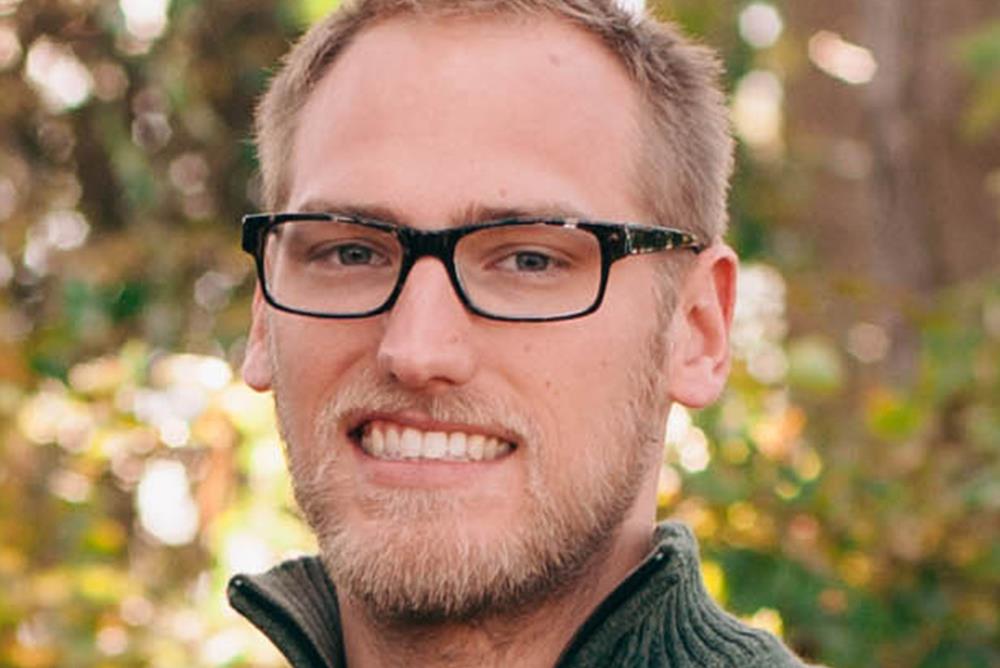W&M Featured Events
[PAST EVENT] Andrew James Pyle, Physics - Oral Exam for the Ph.D.

Andrew James Pyle, Physics - Final Oral Exam for the Ph.D. Title: Scattering a Bose-Einstein Condensate off a Modulated Barrier
Abstract: A quantum pump is a device that transports particles through a circuit with localized time-varying potentials, and without the need for an external applied voltage or chemical potential. Quantum pumping was originally proposed in the context of electron transport in nanowires, but has proven difficult to implement. The ultracold atom approach represents a possible route around the current experimental bottleneck. We present an experiment to study 1D quantum mechanical scattering by an amplitude-modulated barrier. This experiment represents a first step toward implementing a quantum pump for ultracold atoms based on two such barriers modulated out of phase with one another. A single oscillating barrier imparts or subtracts kinetic energy in discrete amounts from the scattered atoms. In this manner, the energy spectrum of the scattered atoms resembles a comb with a tooth spacing proportional to the oscillation frequency of the barrier. This effect is analogous to the frequency modulation of a radio wave to add sidebands to a carrier frequency, where the carrier is the kinetic energy of ultracold atoms and the oscillating barrier provides the modulating signal. Numerical simulations of the scattering process confirm this basic scattering picture. We present dual chamber, dual-species a atom chip apparatus that produces quasi-pure Rubidium-87 Bose-Einstein condensates (BEC) of 10,000 atoms used to study the quantum scattering dynamics. The proposed experiment operates by releasing a BEC from a relaxed magnetic chip trap and directing it horizontally towards a tightly focused laser beam that serves as an oscillating barrier. A magnetic field gradient provided by is used to control the vertical motion of the BEC. Detection is carried out with a time of flight technique to resolve discrete atomic packet sidebands. This method can be used to study momentum sideband generation with a BEC in the presence of no or weak interactions. Dark-ground imaging can be used to detect small atom number BECs, which will have the benefit of weaker interactions.
Bio: Andrew James (AJ) Pyle was born on the 27th of February, 1989 in Lenhartsville, Pennsylvania. After graduating from Kutztown High School in 2007, he entered Kutztown University of Pennsylvania. He graduated Summa Cum Laude in 2011 with a Bachelor of Science in Physics and a Bachelor of Science in Chemistry. AJ entered William & Mary in the fall of 2011, and began work for Dr. Seth Aubin in the Ultracold Atoms Group to help develop the ultracold apparatus with which to study quantum pumping. He received a Master of Science in 2013. AJ began working for ACEnT Laboratories in Hampton, Virginia in July 2018, supporting the development of advanced aerospace propulsion and power systems for NASA and the USAF, including cold start scramjet systems using pyrophoric liquids. AJ also works with Grey Gecko in Newport News, Virginia, developing corrosion detection devices under contract with Lockheed Martin, for the Department of Defense.
